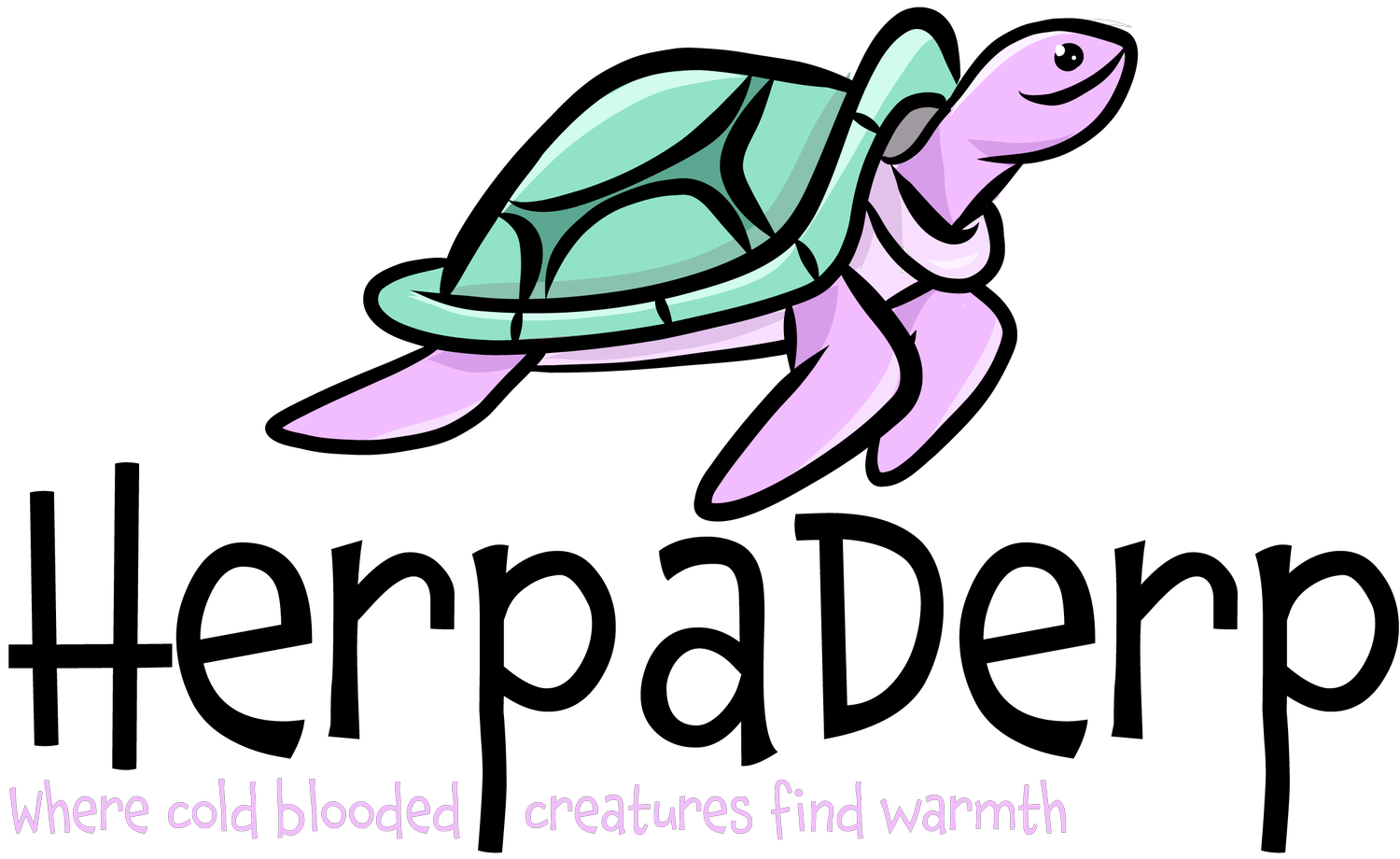Three-toed box turtles are small, terrestrial turtles that are native to the eastern United States. They are popular pets because of their unique appearance and docile nature.
Average lifespan: In the wild, three-toed box turtles can live up to 30 years. In captivity, they can live for 40 years or more with proper care.
Feeding requirement/diet: Three-toed box turtles are omnivores and need a balanced diet that includes both animal and plant matter. They can be fed commercial turtle food, as well as a variety of fruits, vegetables, insects, and small amounts of cooked meat. It is important to provide a calcium supplement and to avoid feeding high-fat or high-protein foods.
Humidity requirements: Three-toed box turtles need a moderately humid environment with a humidity level of around 60%. A shallow water dish should be provided for soaking, and misting the enclosure once or twice a day can help maintain humidity.
Lighting/UV requirements: Three-toed box turtles require access to UVB lighting to help them metabolize calcium and maintain healthy shell growth. They should have access to a basking spot with a temperature of around 85-90°F, and the ambient temperature in the enclosure should be around 75-80°F during the day and 65-70°F at night.
Minimum enclosure size: The enclosure for a single adult three-toed box turtle should be at least 4x2 feet. More space is always better, and if keeping multiple turtles, the enclosure should be larger.
Water requirements: Three-toed box turtles need a shallow water dish that is large enough for them to soak in. The water should be changed daily and kept clean.
Description of natural habitat: Three-toed box turtles are found in a variety of habitats, including forests, grasslands, and wetlands. They prefer areas with moist soil and vegetation cover. In captivity, they require an enclosure with a substrate of soil, sand, and leaf litter, as well as hiding spots and climbing opportunities.
Sociability: Three-toed box turtles can be kept in groups but should not be housed with other turtle species. They are generally not social with humans but can learn to recognize their owners and become accustomed to being handled.
Fun fact: Three-toed box turtles are unique among North American turtles because they can completely close their shell.
